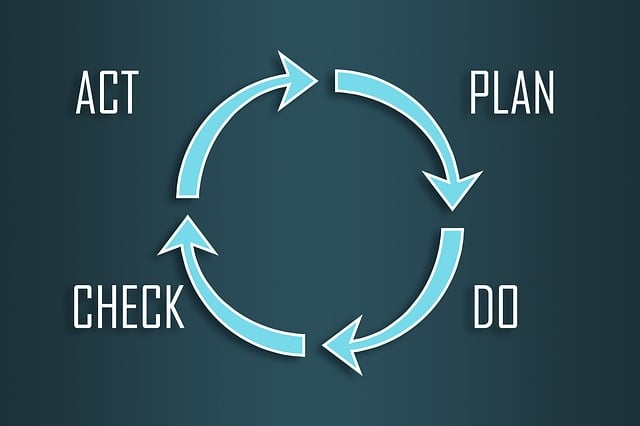Successful event planning for local businesses requires understanding community dynamics and unique business needs through networking, attending industry events, and researching trends. Tailoring event themes, formats, and agendas to align with local goals fosters collaboration and growth. Incorporating diverse sectors ensures wider appeal, attracts more participants, and nurtures a vibrant local business ecosystem by facilitating engagement, networking, and economic growth.
Local business events strategically planned can significantly boost community engagement and drive growth. This article guides you through the comprehensive process of organizing impactful gatherings tailored to your target audience. From understanding your local business community, including identifying needs, researching associations, and analyzing demographics, to strategic event planning, promotion, and execution, we cover everything. Discover how to maximize reach and impact with effective Event Planning for Local Businesses.
- Understanding Your Local Business Community
- – Identifying target audience and their needs
- – Researching local business associations and networks
Understanding Your Local Business Community

Understanding your local business community is a critical step in successful event planning. By immersing yourself in the fabric of your region, you gain insights into the unique needs, challenges, and opportunities that exist among local businesses. This involves attending chamber of commerce meetings, networking events, and industry conferences to connect with fellow entrepreneurs and business owners. Engaging directly with your community allows you to tailor event themes, formats, and agendas that resonate with local business goals, fostering collaboration and growth.
Event planning for local businesses requires a deep understanding of their specific contexts. Consider the diverse sectors within your area—from retail and hospitality to technology startups and traditional manufacturing. Each sector faces distinct challenges and has its own rhythm. Incorporating this diversity into event programming ensures that gatherings cater to a wide range of interests, attracting more participants and fostering a vibrant local business ecosystem.
– Identifying target audience and their needs

When planning event for local businesses, understanding your target audience is paramount. Successful event planning for local businesses requires identifying not just the demographic makeup of potential attendees but also their specific needs and interests. This involves delving into industry trends, demography, and community dynamics to tailor experiences that resonate with the unique requirements of local business owners and decision-makers. By focusing on these factors, organizers can craft events that drive engagement, foster networking, and ultimately support local economic growth.
Effective event planning incorporates strategies that address the information, inspiration, and connection needs of the target audience. This might include offering workshops focused on industry best practices, providing platforms for thought leadership discussions, or creating opportunities for like-minded individuals to connect and collaborate. By aligning event content and activities with these needs, organizers ensure a high level of satisfaction among attendees, leading to stronger relationships between local businesses, their communities, and each other.
– Researching local business associations and networks

When planning event planning for local businesses, researching and connecting with your community’s business associations is a strategic first step. These groups often serve as hubs for like-minded entrepreneurs and offer valuable insights into local market dynamics. By attending their gatherings, joining online forums, or participating in their networking events, you can gain access to potential partners, clients, and even collaborators who share your interests and goals. This local network can be a game-changer for small businesses looking to enhance their visibility and foster meaningful connections within the community.
Additionally, delving into existing business networks allows you to stay informed about upcoming local business events—from trade shows and workshops to panel discussions and charity initiatives. These occasions provide excellent opportunities for event planners to showcase their services, build relationships with local business owners, and establish themselves as trusted partners in the industry. By aligning yourself with these communities, you can position your event planning services as a vital resource for local businesses seeking to thrive and grow within their networks.
By strategically planning local business events, you can foster a strong sense of community, meet your target audience’s needs, and build meaningful connections within your industry. Through identifying your ideal customers and researching relevant associations, you lay the foundation for successful event hosting. This, in turn, enhances your brand visibility, encourages collaboration, and contributes to the overall growth of your local business network. Incorporating these tactics into your Event Planning for Local Businesses strategy is key to creating memorable gatherings that drive tangible results.
